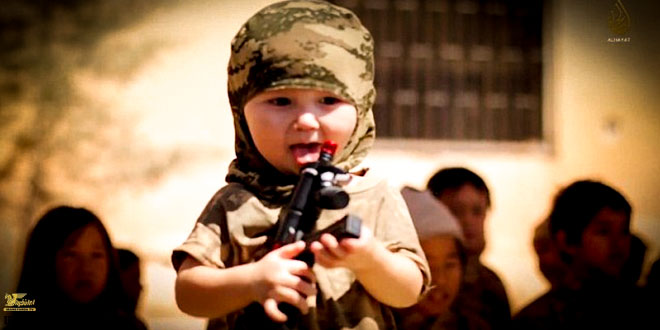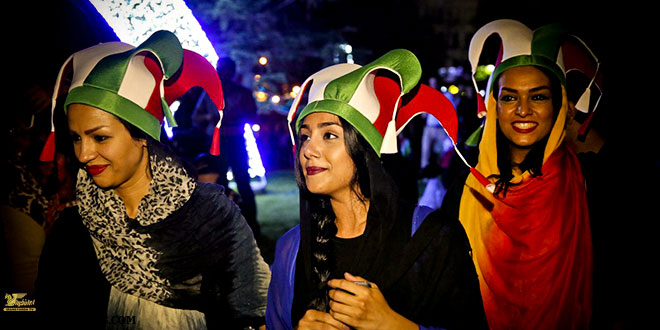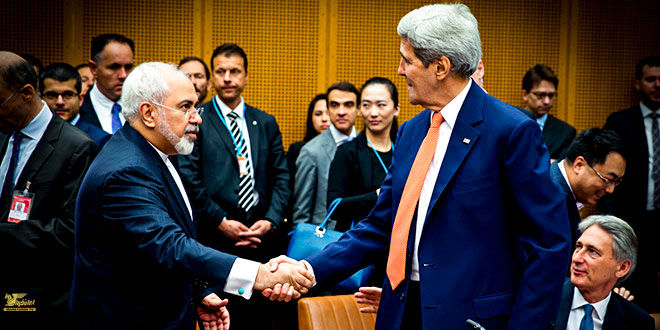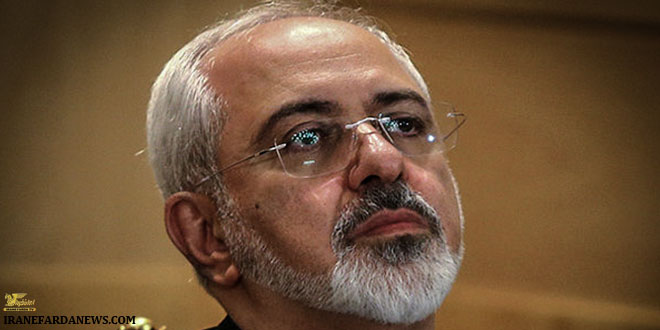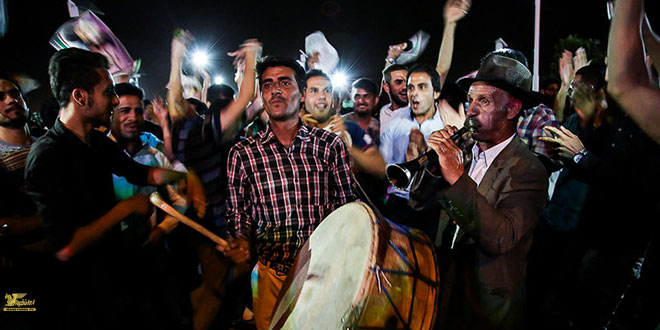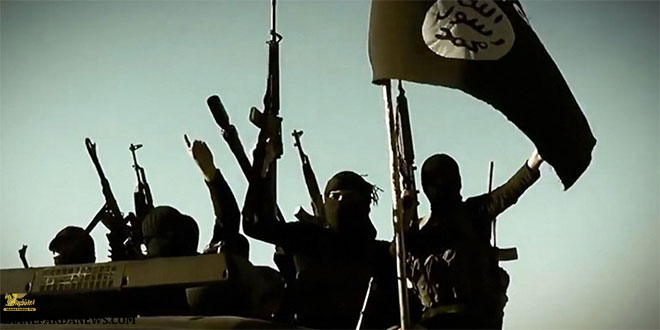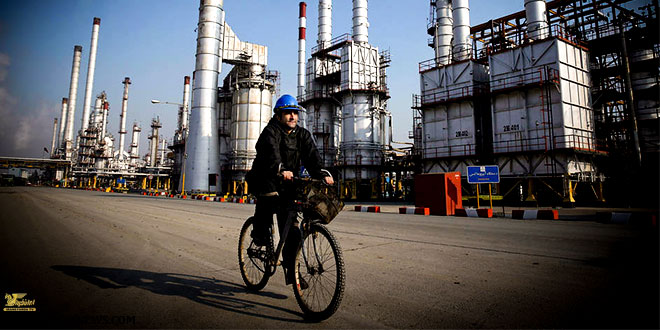BY BOZORGMEHR SHARAFEDIN NOURI
Iran’s security hawks have begun sniping at their country’s historic nuclear deal, emboldened a day after Supreme Leader Ayatollah Ali Khamenei described some of the world powers that signed it as “untrustworthy”.
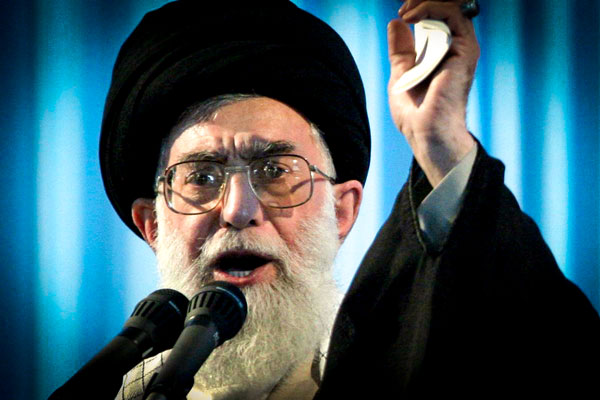
Khamenei’s remark will be understood by Iranians to refer largely to the United States and Britain, the “Great and Little Satans” long reviled by Iran’s revolutionary theocracy for their support of the Shah, overthrown in 1979.
The comment carries weight, because the conservative cleric is the ultimate arbiter of high state policy under Iran’s unwieldy dual system of clerical and republican rule.
 khalijefars News, Blogs, Art and Community
khalijefars News, Blogs, Art and Community
